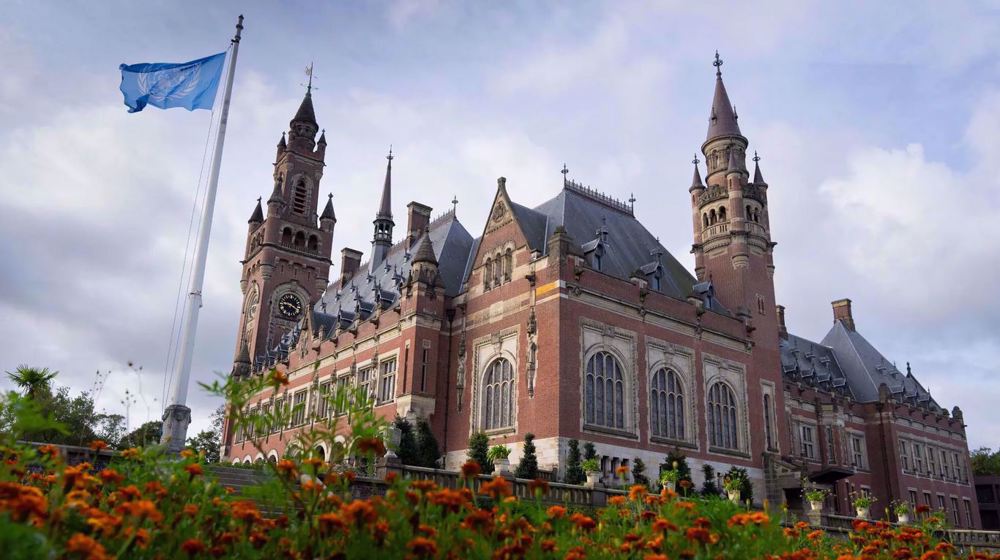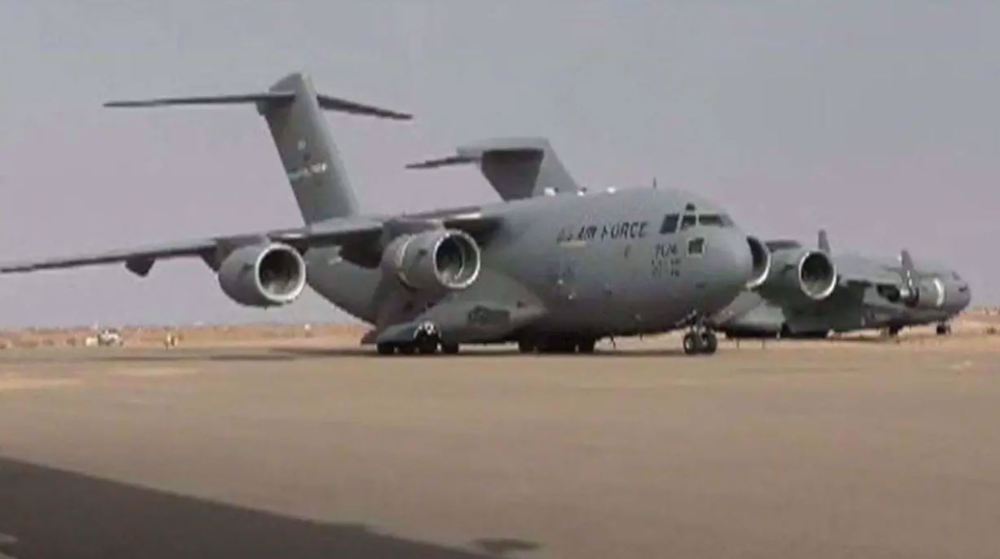UN calls for ‘swift implementation’ of DR Congo deal
The United Nations (UN) has called for the immediate restoration of political stability to the Democratic Republic of the Congo (DRC) following a recently-signed accord between the country’s government and opposition.
The UN Security Council welcomed the political agreement in the Congo on Wednesday, also calling for the “swift implementation” of the deal, which is aimed at ending political crisis in the Central African country.
The deal, reached on New Year’s Eve, was mediated by the Roman Catholic Church officials, setting a timetable under which Congolese President Joseph Kabila would stay in office for another year despite the end of his tenure.
In a statement, the Council praised what it called the “spirit of flexibility and compromise” demonstrated by Congolese leaders in order to reach the agreement and restore stability to the country.
“The Security Council calls on all Congolese actors to preserve this spirit in the discussions to come in order to swiftly resolve all pending issues, especially the practical modalities of the inclusive management of the executive during the pre-electoral and electoral period,” the statement read.
“The Security Council encourages the political parties which didn’t sign the agreement to do so,” it added.
The 15 members of the Council further stressed the importance of organizing credible elections before the end of the year.

Kabila’s presidential term expired on December 19, but ruling officials have effectively prolonged his mandate until 2018, claiming that the government would not be able to arrange elections before then.
Under the terms of the accord, however, Kabila would not be able to revise the constitution to allow him to remain in office for a third term. The parties also agreed that Kabila would appoint a prime minister from the Central African nation’s main opposition bloc to oversee the transition, a key point of contention in the final stages of negotiations.
Kabila has been accused of trying to cling on to power. His supporters, however, say that he is committed to the constitution but stepping down from power would possibly spark a power struggle that they say could put his life in danger.
His father, former president Laurent Kabila, was assassinated in 2001 in the country, which has never witnessed a peaceful transition of power. The younger Kabila took office just ten days after the assassination of his father.
Kabila’s extension of his rule has sparked bloody clashes in the country. Security forces killed nearly 40 protesters late last month. There are growing concerns that the current standoff could lead to a repeat of clashes seen between 1996 and 2003 in eastern the Congo.
US vetoing of Gaza ceasefire resolution ‘disgraceful’: Iran’s UN envoy
VIDEO | IAEA adopts anti-Iran resolution tabled by E3
VIDEO | Iran's president urges Pope to help end Israel's onslaught in Gaza
Iran's senior legal official: ICC arrest warrant for Netanyahu ‘great victory'
Nov. 21: ‘Axis of Resistance’ operations against Israeli occupation
VIDEO | Israeli forces storm West Bank’s Jenin again, target civilians
Iran activates advanced centrifuges after IAEA's 'unjust' resolution
VIDEO | Press TV's news headlines















 This makes it easy to access the Press TV website
This makes it easy to access the Press TV website